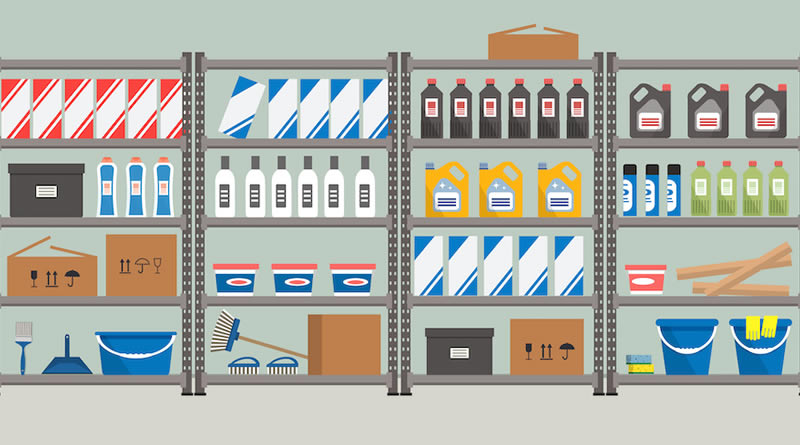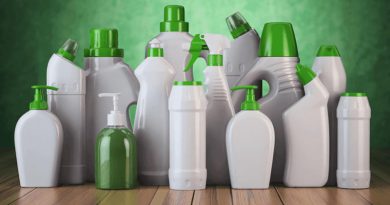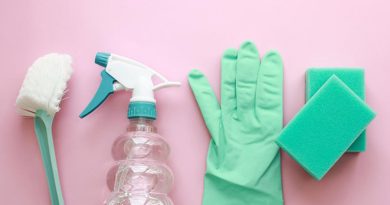Proper Storage and Shelf Life of Cleaning Materials
Keeping cleaning materials properly stored and understanding their shelf life is crucial for maintaining their effectiveness and ensuring a safe cleaning environment. In this article, we will explore essential guidelines for storing and using cleaning products appropriately.
Storing Cleaning Materials
To maximize the longevity and performance of your cleaning materials, consider the following storage tips:
- Read the Labels: Start by carefully reading the product labels for any specific storage instructions provided by the manufacturer. Some cleaning products may have specific temperature requirements or recommendations for keeping them away from direct sunlight.
- Keep in Original Containers: It’s best to store cleaning materials in their original containers whenever possible. These containers are designed to protect the contents and often have important safety information and usage instructions printed on them.
- Secure Closures: Ensure that all lids, caps, or closures are tightly secured to prevent leaks or spills. This is especially important for liquid cleaning products that can cause damage if accidentally spilled.
- Separate Hazardous Materials: If you have hazardous cleaning materials, such as bleach or ammonia-based products, it’s crucial to store them separately from other cleaning supplies. Keep them in a designated area away from children, pets, and food storage areas.
- Proper Ventilation: It’s recommended to store cleaning materials in a well-ventilated area to prevent the buildup of fumes or odors. Good airflow helps maintain the quality of the products and reduces the risk of chemical reactions.
Shelf Life of Cleaning Materials
Cleaning products have varying shelf lives, and it’s important to be aware of their expiration dates to ensure their effectiveness and safety. Here are some general guidelines:
- Follow Expiration Dates: Check the labels for expiration dates or recommended “use by” dates provided by the manufacturer. Expired cleaning products may lose their effectiveness and could potentially become less safe to use.
- Dispose of Expired Products: If you come across expired cleaning materials, it’s best to dispose of them properly. Contact your local waste management facility or follow the guidelines provided by your municipality for safe disposal.
- Use Within a Reasonable Timeframe: Even if cleaning products don’t have explicit expiration dates, it’s advisable to use them within a reasonable timeframe. Over time, the effectiveness of some products may diminish, so it’s best to avoid storing them indefinitely.
- Store According to Instructions: Some cleaning materials may require specific storage conditions to maintain their efficacy. For example, certain disinfectants may lose potency if exposed to extreme temperatures or sunlight. Adhering to the manufacturer’s storage instructions helps preserve their quality.
By following these storage and shelf life guidelines, you can ensure that your cleaning materials remain effective, safe, and ready to use when needed.




